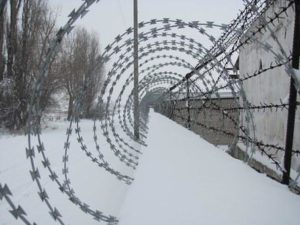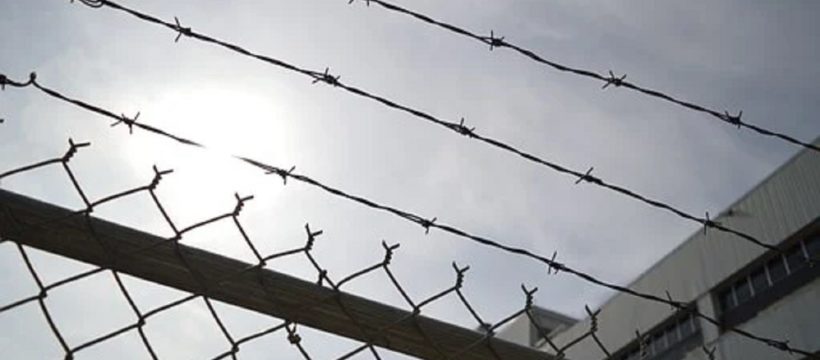The letters lay in my box—the folds showing evidence of students who had never written letters by hand, never inserted them in envelopes, and never used snail mail.
 The day was a typical one. I walked to the teacher’s workroom during my planning period to check my usually empty mailbox. This time, ruffled-looking sheets of paper lay in my cubby. I noticed some in other teachers’ cubbies also. I pulled them out and saw my name hand-scribbled on them. When I opened the top one, I saw a handwritten note from a student. I quickly fumbled through the remaining ones and saw they, too, were from students in the various middle school grades. Not having time to read them, I refolded them and hurried back to my room.
The day was a typical one. I walked to the teacher’s workroom during my planning period to check my usually empty mailbox. This time, ruffled-looking sheets of paper lay in my cubby. I noticed some in other teachers’ cubbies also. I pulled them out and saw my name hand-scribbled on them. When I opened the top one, I saw a handwritten note from a student. I quickly fumbled through the remaining ones and saw they, too, were from students in the various middle school grades. Not having time to read them, I refolded them and hurried back to my room.
Later in the day, I reopened the letters when I had free time. The elective teacher had asked her students to write letters to teachers, telling them something nice. As I read, some students expressed surprise that I had put up with them for three years, but they appreciated it. One student remarked how amazed she was that I had taught three generations of her siblings. She showed me her appreciation of English by taking a red pen and marking a noticeable mistake. Another said he looked forward to my class every day. Still, another thanked me for being so laid back and for not giving him lunch detention every time he deserved it. A few said I was their favorite teacher. One commented on how much she had learned and grown in my class.
 What I hated in school and at home—boundaries—these students seemed to appreciate. I’m sure they understand their parents’ limits on them, although they would never tell them. On most days, I think students hate me for being so hard and pushing them to the limits, but they are intelligent enough to know I do so for their good.
What I hated in school and at home—boundaries—these students seemed to appreciate. I’m sure they understand their parents’ limits on them, although they would never tell them. On most days, I think students hate me for being so hard and pushing them to the limits, but they are intelligent enough to know I do so for their good.
Paul talked about the boundary law when he used the example of agriculture. “Don’t be misled—you cannot mock the justice of God. You will always harvest what you plant” (Galatians 6:7 NLT). Whatever a farmer sows, he will harvest. A farmer doesn’t plant corn and harvest soybeans. This is the law of the boundaries.
I didn’t always appreciate the boundaries my parents placed on me—most of which represented God’s boundaries found in the Bible. But like my students, I knew they benefited me. Because of my sinful nature, I would have run wild had limitations been absent. Even with them, I often tested their confinement.
 Just as I give much grace to my students when they cross the boundaries, so God does with us. He’s not sitting in heaven waiting for us to mess up so He can crush us. Instead, He establishes the boundaries to keep us on paths that benefit us. When we cross them, He gently guides us back inside the lines.
Just as I give much grace to my students when they cross the boundaries, so God does with us. He’s not sitting in heaven waiting for us to mess up so He can crush us. Instead, He establishes the boundaries to keep us on paths that benefit us. When we cross them, He gently guides us back inside the lines.
Boundaries teach us to trust God, determine right from wrong, grow as individuals, establish our identity, show love, and prepare ourselves for the future.
Learn to love the boundaries God places around you, for we find true freedom within them.




One comment
Comments are closed.